Uber 'not fit and proper' to run in London, TfL decides
Uber's reign in London looks to be over, as TfL declines to renew the ride sharing service's licence
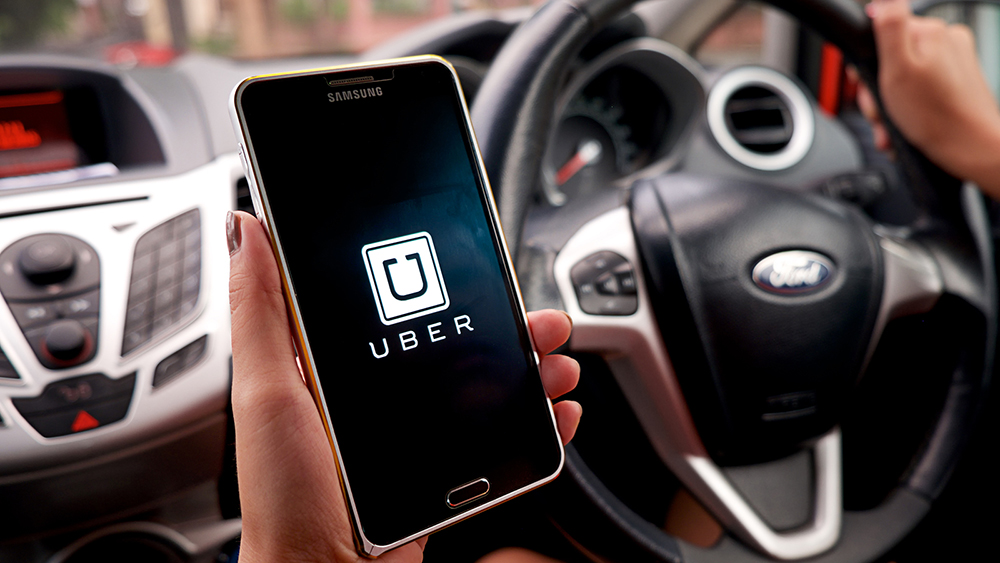
Transport for London (TfL) has issued a statement claiming it won't issue Uber with a private hire operator licence.
Uber's current licence is set to expire on 30 September. TfL said it has concluded that Uber "is not fit and proper to hold a private hire operator licence".
In a statement posted to Twitter, TfL said that Uber's approach and conduct "demonstrate a lack of corporate responsibility". It goes on to list four points, including Uber's failure to report serious criminal offences, its approach to medical certificates and its approach to how Enhanced Disclosure and Barring Service (DBS) checks are obtained.
The last point notes Uber's use of the Greyball software in London, which TfL claims can be used to block regulatory bodies from gaining full access to the Uber app, and therefore prevent officials from undertaking law enforcement duties.
The news will come as a huge blow to Uber, which has been beset by problems over the past few months. Those seemed to culminate in June, with the resignation of its founder Travis Kalanick, although the decision by a major city to strip Uber of its licence mark a new lowpoint for the ride sharing company.
Uber has 21 days to appeal, and the service will be able to continue until that appeal process has been exhausted.
Mayor of London Sadiq Khan said in a statement: "I fully support TfL's decision - it would be wrong if TfL continued to license Uber if there is any way that this could pose a threat to Londoners' safety and security."
Get the ITPro daily newsletter
Sign up today and you will receive a free copy of our Future Focus 2025 report - the leading guidance on AI, cybersecurity and other IT challenges as per 700+ senior executives
Uber has responded by saying it will "immediately challenge" TfL's decision in the courts.
"By wanting to ban our app from the captial, TfL and the Mayor have caved in to a small number of people who want to restrict consumer choice," Tom Elvidge, general manager of Uber in London, wrote in a statement. "If this decision stands, it will put more than 40,000 licensed drivers out of work and deprive Londoners of a convenient and affordable form of transport."
Elvidge goes on to claim that Uber has "always followed" TfL rules on reporting serious incidents, and that an independent review from the company has found that the Greyball software "has never been used [or] considered in the UK for the purposes cited by TfL".
"This ban would show the world that, far from being open, London is closed to innovative companies who bring choice to consumers," the statement reads.
In July, Italian authorities banned Uber from advertising and operating in the country due to what was deemed "unfair competition" to taxi services. That decision was quickly overturned by an Italian court, however, after Uber appealed the decision. In response, the Italian government pledged to introduce clearer rules for competition between taxis and ride-sharing services before the end of the year.
Also in July, a report by head of the RSA thinktank, Matthew Taylor, called for a new category of "dependent contractors" to be created, in response to the business models of firms such as Uber and Deliveroo.
"There are too many people at work who are treated like cogs in a machine rather than being human beings, and there are too many people who don't see a route from their current job to progress and earn more and do better," Taylor told the BBC at the time.
-
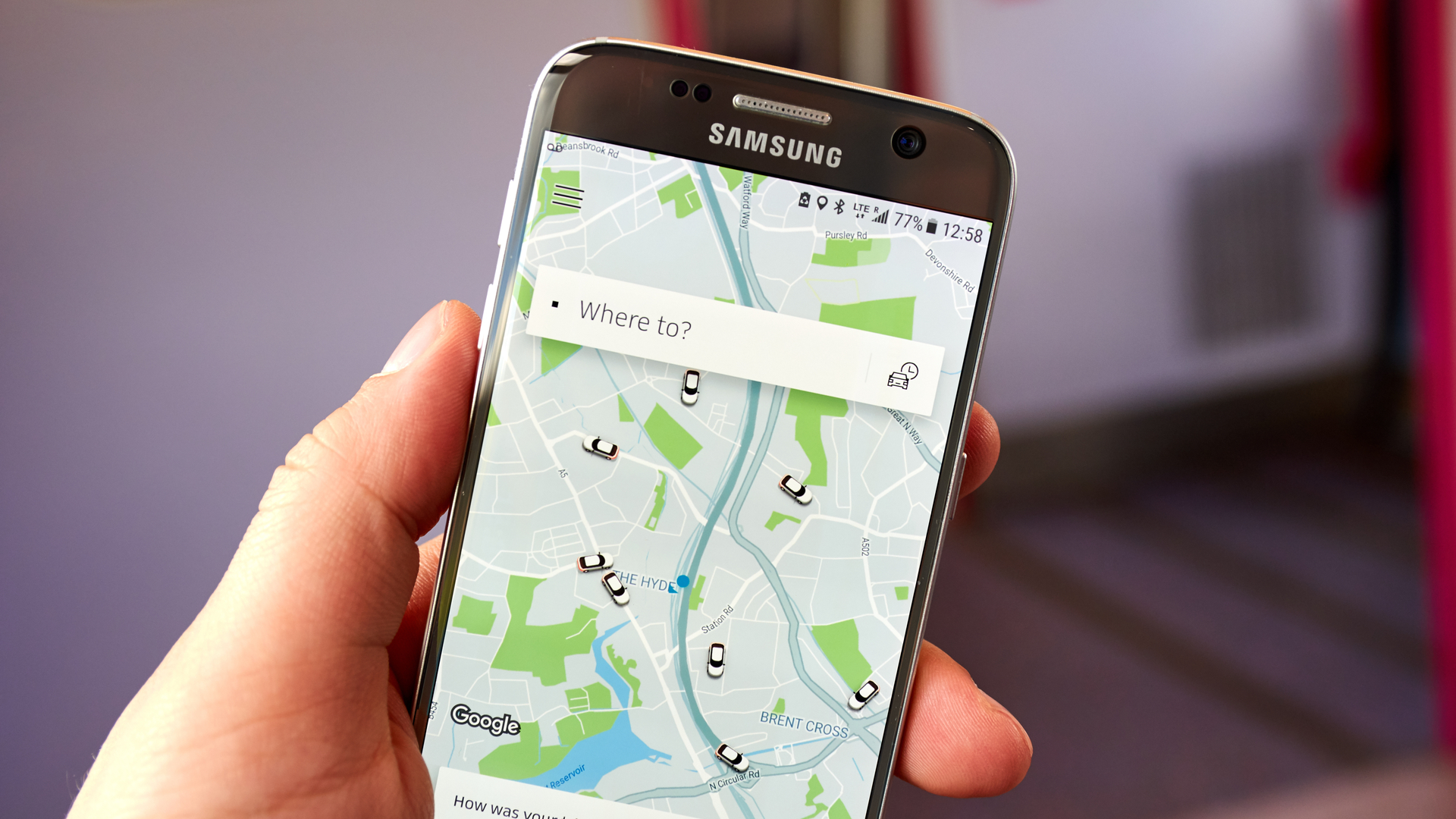 Uber secures 30-month licence to operate in London
Uber secures 30-month licence to operate in LondonNews This comes after a regulatory battle between Uber and TfL dating back to 2017
By Zach Marzouk
-
 Uber wins license to operate in London after ‘plugging IT gaps’
Uber wins license to operate in London after ‘plugging IT gaps’News The ride-hailing firm was previously in trouble for failings in the way it manages and releases software updates
By Keumars Afifi-Sabet
-
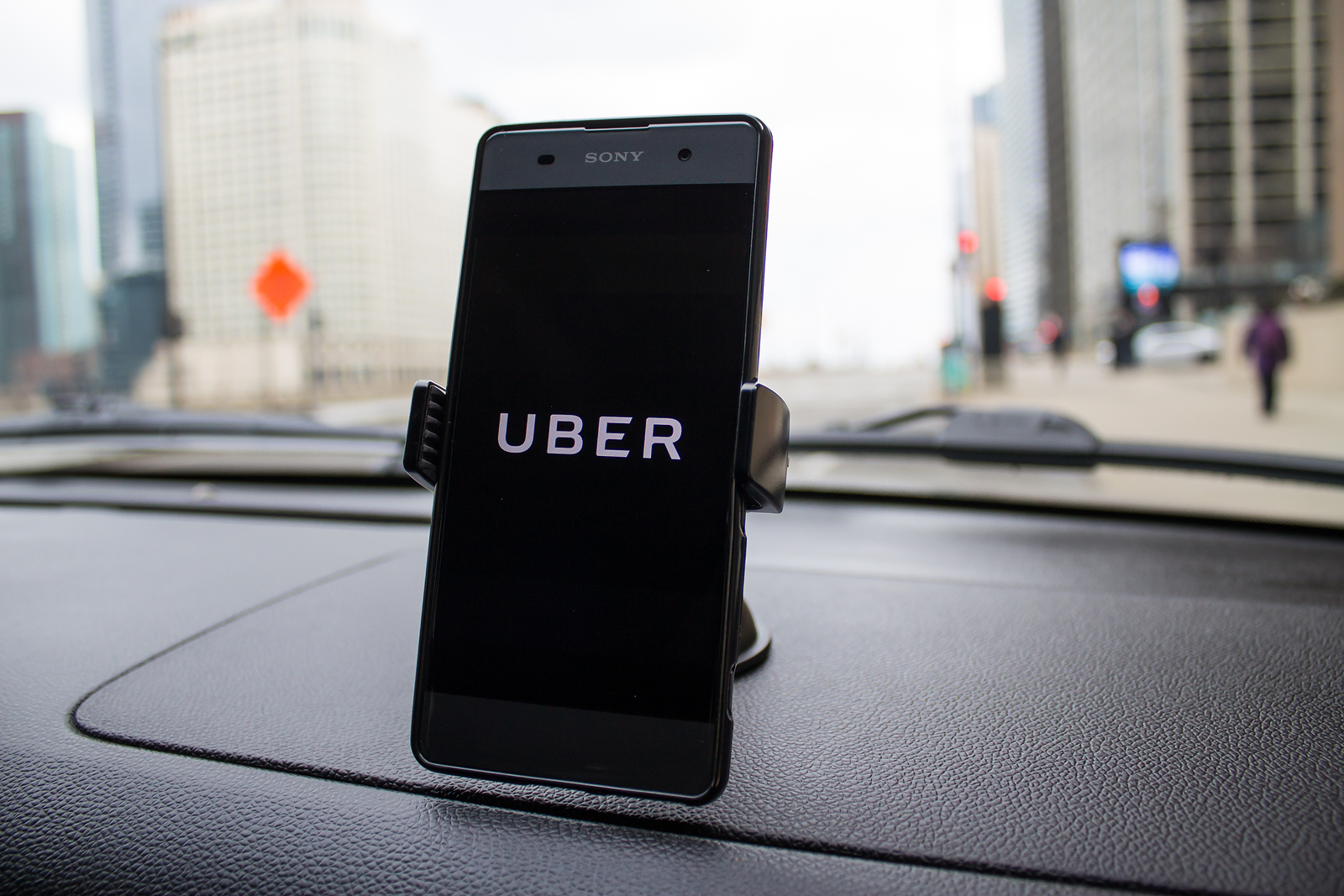 Uber claims it makes London "safer" in TfL licence battle
Uber claims it makes London "safer" in TfL licence battleNews The ride-hailing service says it has improved systems to verify drivers' insurance documents and identification
By Carly Page
-
 Court orders Uber and Lyft to consider drivers as employees
Court orders Uber and Lyft to consider drivers as employeesNews California judge sides with state and city attorneys on preliminary injunction about how to classify gig workers
By Nicole Kobie
-
 Uber reportedly in talks to buy Postmates in $2.6 billion deal
Uber reportedly in talks to buy Postmates in $2.6 billion dealNews Sources say that a deal between Uber and Postmates could be announced soon
By Sarah Brennan
-
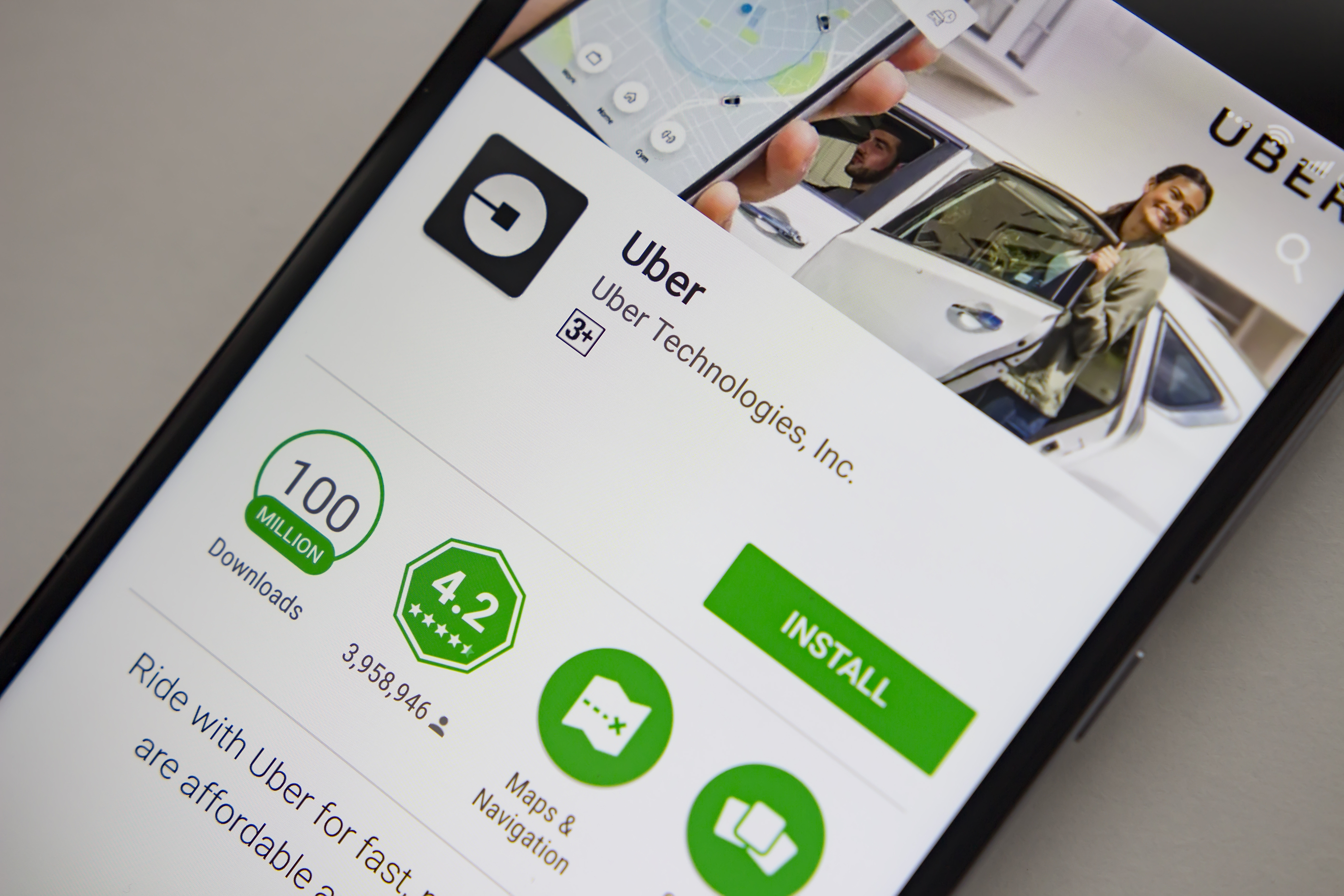 York becomes the third UK city to reject Uber
York becomes the third UK city to reject UberNews York, Sheffield and London have effectively banned the service from operating
By Dale Walker
-
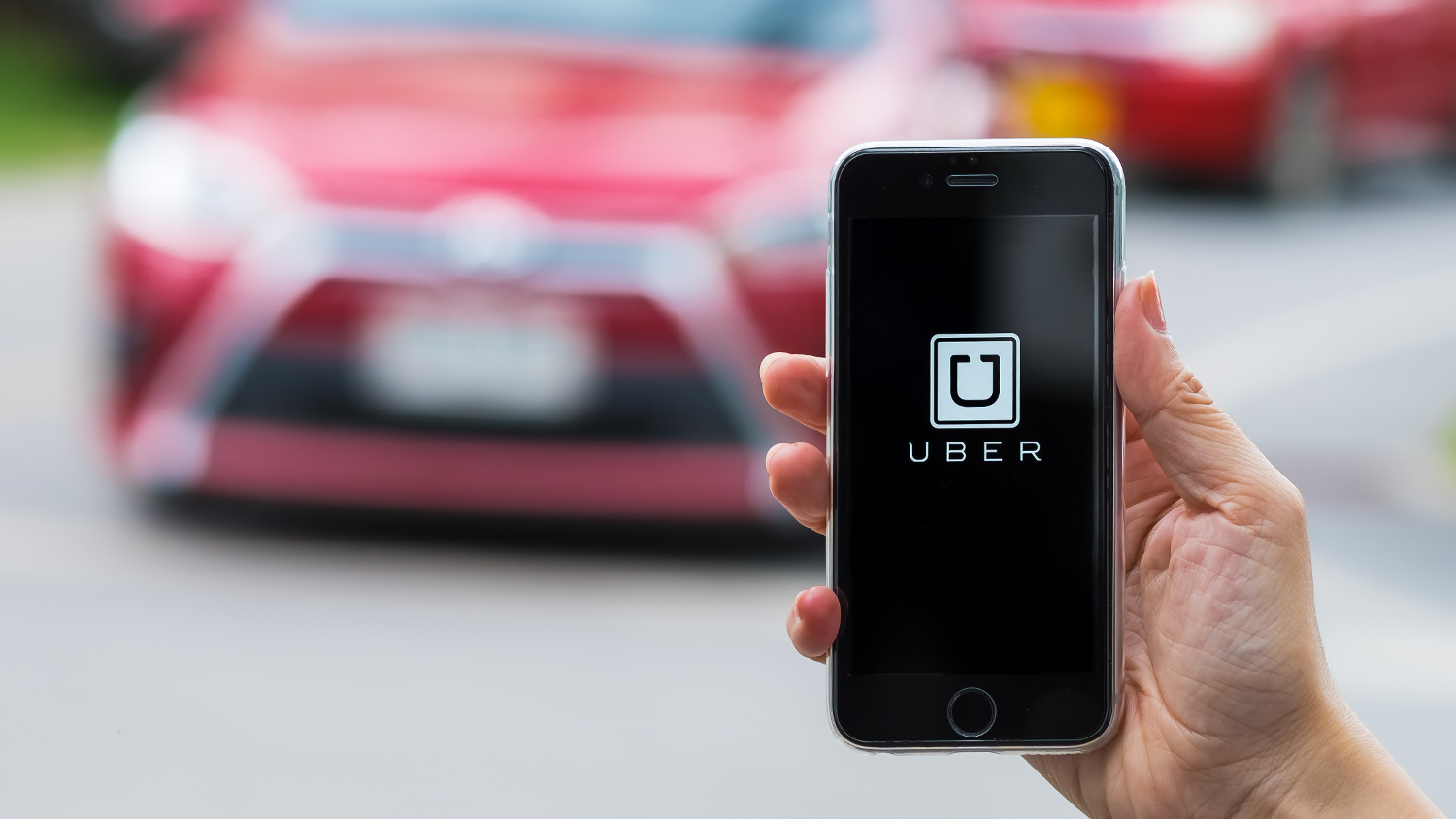 Uber loses appeal over UK worker rights
Uber loses appeal over UK worker rightsNews The Employment Appeal Tribunal has decided to uphold its ruling that Uber drivers be classed as workers
By Thomas McMullan
-
 Uber sued for alleged sex and racial discrimination
Uber sued for alleged sex and racial discriminationNews Three women from the company file a lawsuit claiming unequal pay and benefits
By Hannah Simms

